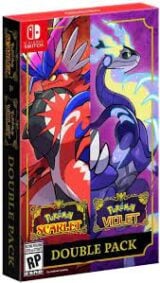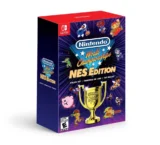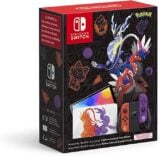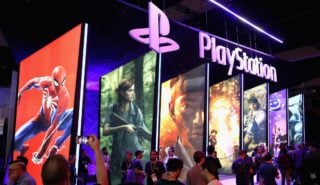Nintendo says it will focus on more original game series in the future
Furukawa says the company intends to create new IP, in addition to supporting the likes of Mario
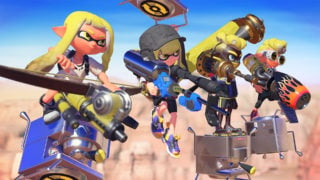
Nintendo president Shuntaro Furukawa has said that the company will invest in more original games in the future, in addition to supporting its core franchises.
The Japanese giant has one of the richest portfolios of franchises in gaming, but the majority of its intellectual properties were created in the 1980s and 90s. In the decades since, it’s mostly focused on expanding these series, rather than creating entirely new ones.
Over the past 20 years, the company’s most significant original IP launches were Splatoon (2015), Wii Sports (2006) and Pikmin (2001).
Speaking in a new Japanese interview with Nikkei (paywall), Furukawa said the company would commit to creating more original game franchises in the future, and emphasised that the Switch firm would need to continue to innovate in order to maintain its relevance within the increasingly competitive home entertainment marketplace.
“With the expansion of time spent at home, the range of ‘entertainment’ as an object of consumption is expanding,” the president said.
“Games are not a necessity of life. In order for customers to choose games in their finite time, they have to be interesting. Competition is tough, and I am not optimistic.
“I myself am looking at and studying various forms of entertainment. In the future, we will focus on creating new game series as well as long-sellers such as Mario and Zelda.”
Later in the interview, Furukawa reiterated that Nintendo was continuously thinking about new hardware.
“We are constantly building up ideas for the new consoles the market is expecting, but there are some things we can’t do now due to technology and cost constraints,” he said.
Speaking in a previous Nikkei interview published in February, the exec said that any successor to the Nintendo Switch must be able to offer consumers “new forms of entertainment”.
“The hardware and software development teams are in the same building, communicating closely and thinking about how we can propose new forms of entertainment,” he said.
“In order to create a single piece of hardware, we have to do a lot of preparation several years in advance, so we are working without stopping. In the end, the deciding factor in whether or not to commercialise a product is whether it can create a new experience.”
Switch launched in March 2017 and Nintendo hopes the console still has another four years on the market.
“We always say that we are in the middle of the Switch’s lifecycle, and since one piece of hardware can be used to play both stationary and portable games, we can offer a wide variety of software for this purpose,” Furukawa said. “The life cycle can still be extended.”
During a recent financial results briefing, Furukawa said that releasing a wide range of software to ensure Switch continues to appeal to a broad audience, would be key to helping it surpass sales of the company’s most successful console to date, Wii.


